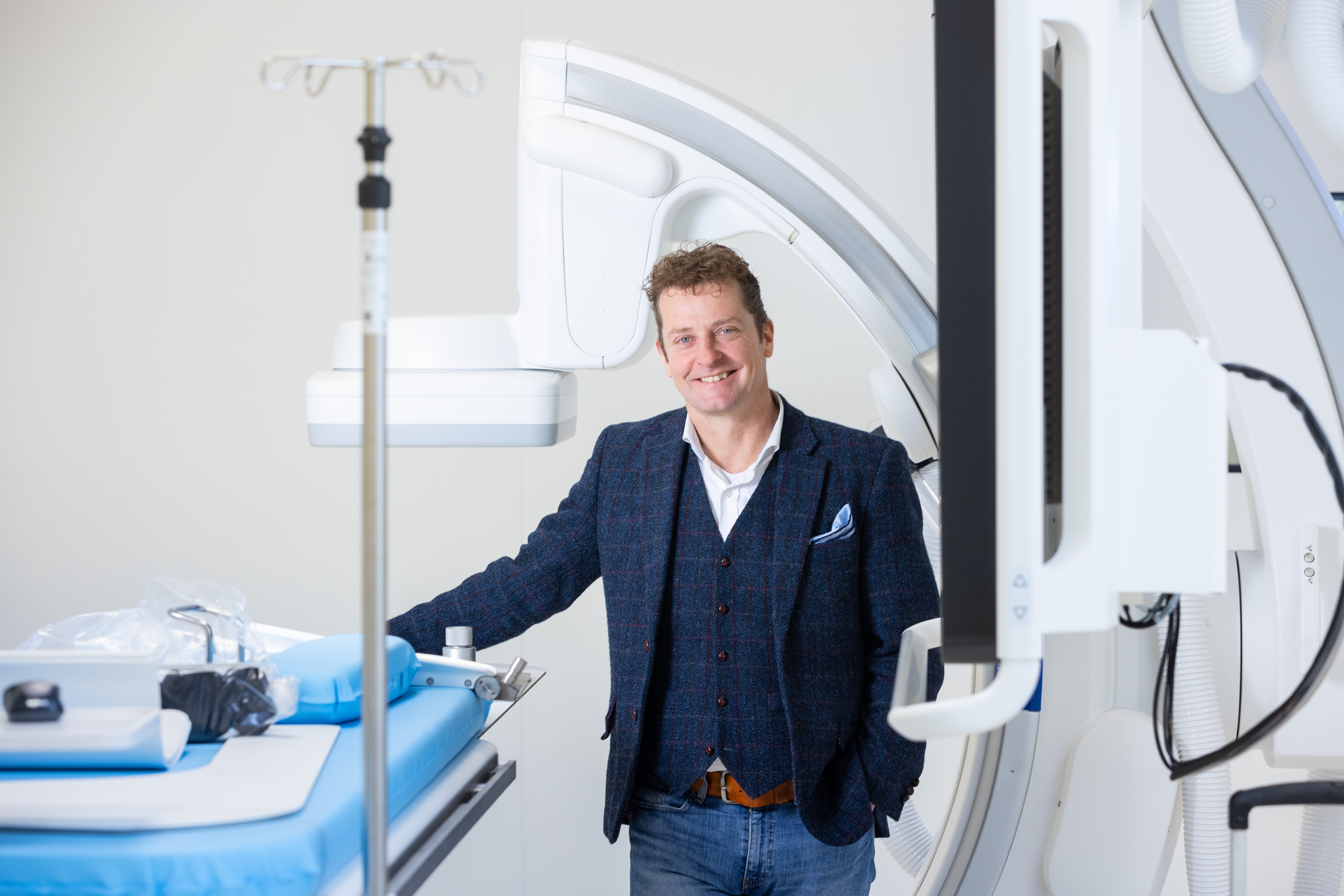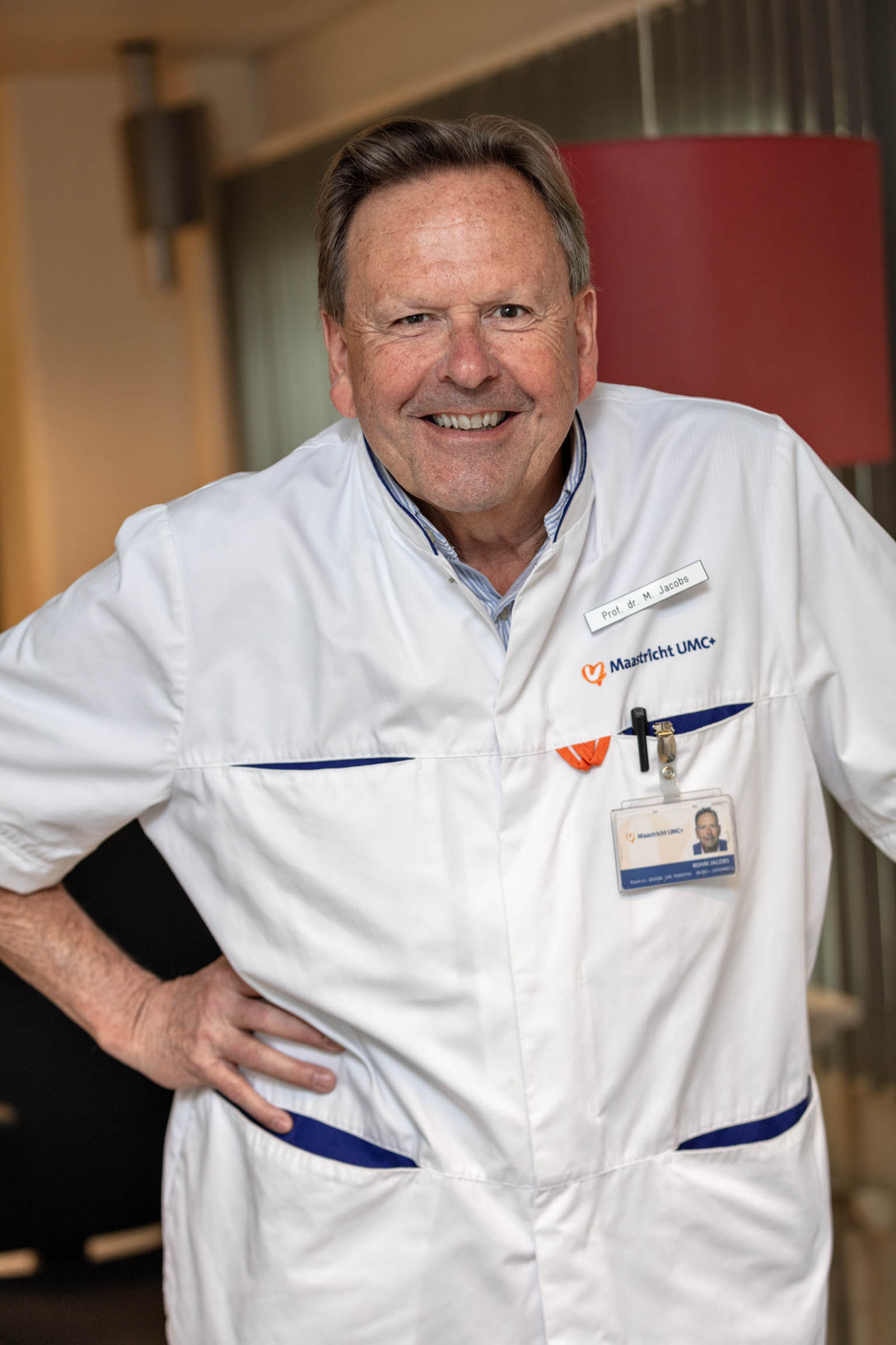Matteo Bonelli and Daniel On looking back on PhD life with a sense of pride
One from Italy. One from Romania. Both sharing a house in Maastricht while getting their PhDs. Both earning their degrees with the distinction cum laude. Matteo Bonelli and Daniel On share about their life and research at the Maastricht University Faculty of Law.
“Matteo and I started our PhDs almost at the same time, and were friends in the first year.
Then we decided to share an apartment the second year and never looked back”, says Daniel. “We’re completely different in almost every way”, says Matteo, “but that’s the fun of it.”
Daniel prefers the quiet of working on his research at home. Matteo prefers being in the office.
But they both prefer leaving work out of the friendship. “I, at least, really enjoy having alone time and a quiet atmosphere because I preferred working at home on my research, even before the pandemic,” says Daniel. “But when we were together in the house, we didn’t ‘talk shop’,”
Matteo chimes in. “We mostly reserved that for other times at the faculty or at an Ius Commune conference. We had more discussions about who should buy the next batch of laundry detergent than about our research.”
In true legal fashion, their home was full of vigorous debate. And in true European fashion, much of that debate revolved around food and wine. “Both Matteo and I love cooking, so we put our top-of-the-line legal education to use arguing over and joking about which wines are better and about how things should be cooked. Matteo believed that the French wines I buy are overpriced and pretentious, and the French and Romanian dishes I cook too heavy (both cuisines relying heavily on butter and cream)”, says Daniel. Naturally perhaps, Matteo sides with the Italians in the epic food and wine battle, but according to him, “We do agree on one thing—pineapple on pizza is an absolute travesty.”
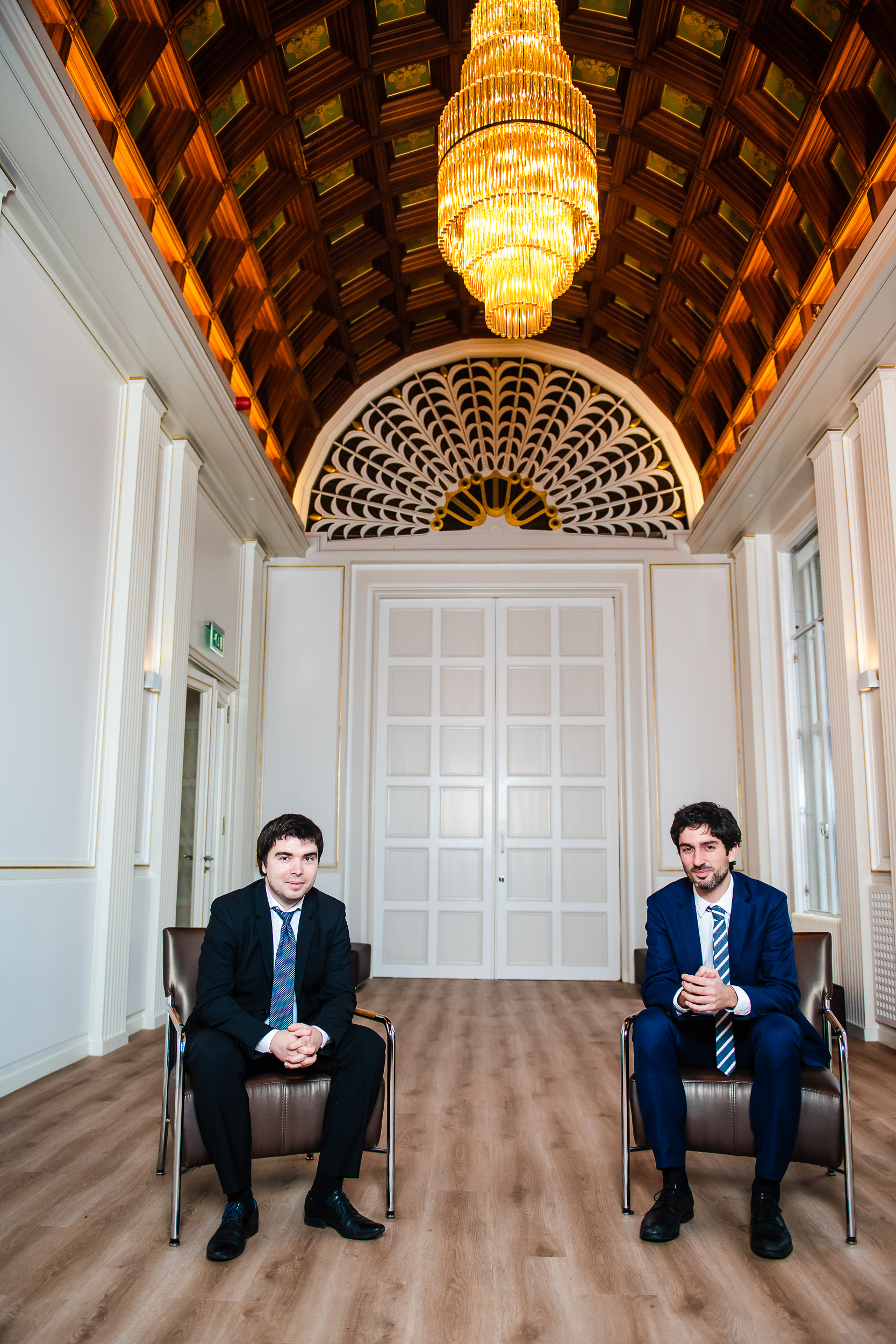
“Even though we couldn’t be much more opposite personality-wise, we do have a common thread and that’s in our ideals and values. We both strongly believe in what the European Union stands for and
—in our own ways—we both want to contribute to making the world better,
or at least more just,” says Daniel.
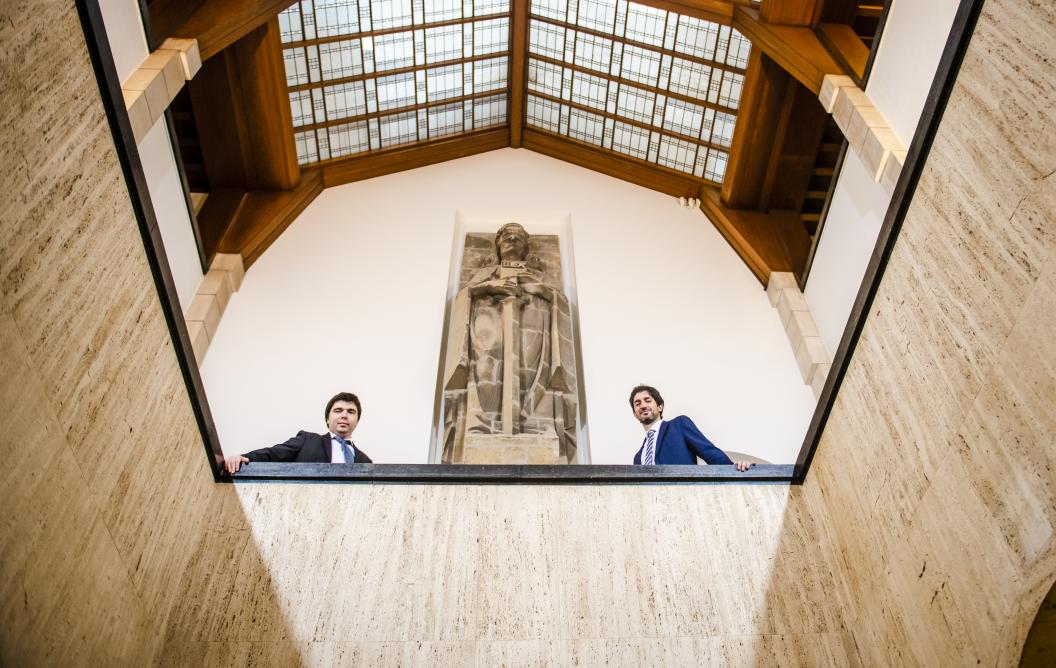
Matteo’s research: combining law and politics in the protection of constitutional values
How should EU institutions react when a member state fails to strictly uphold the basic constitutional values of democracy, the rule of law and human rights? This ‘constitutional backsliding’ is perhaps the most evident in Hungary and Poland at the moment, but notable tensions are arising elsewhere as well. In his PhD research, Matteo explored how EU institutions can react to these challenges posed by authoritarian governments in a way that ensures continued respect for the shared values of the European project.
“This research concerns the very foundations of the European project. It was never only about forming a common economic market; it was also about forming a community of like-minded nations that are committed to the same constitutional values. And it can be argued that upholding those values is key to preserving the Union and maintaining an environment in which it can thrive.”
“With my research, I didn’t strive to come up with a ‘magic bullet’, or one new solution to all of these challenges, but rather to explore a broad range of strategies and existing tools that the EU institutions can use, or new tools it can develop, to combat threats to the constitutional values. While none of the instruments that the EU has at its disposal is perfect, they become more robust when you combine them together.”
“One of the main messages of my research was the urgency of avoiding a scenario where the EU project crumbles, as the erosion of common values can lead to a disintegration of the Union in practical terms. Perhaps only last November, when Hungary and Poland vetoed the new EU multi-annual budget and, with it, the Recovery Plan to relaunch the post-pandemic economies, did many people finally realise that the time for action is now.”
“I believe it is essential that the EU contributes to ensuring spaces for democratic debate and for safely challenging the national governments in the Member States where democracy and the rule of law are under threat. This is why it is crucial to protect the independence of the national judiciaries, as well as protect a range of fundamental rights including freedom of association, freedom of expression, freedom of information and media pluralism. This is true in particular for Hungary and Poland, but also in other countries where we see tensions and challenges.”
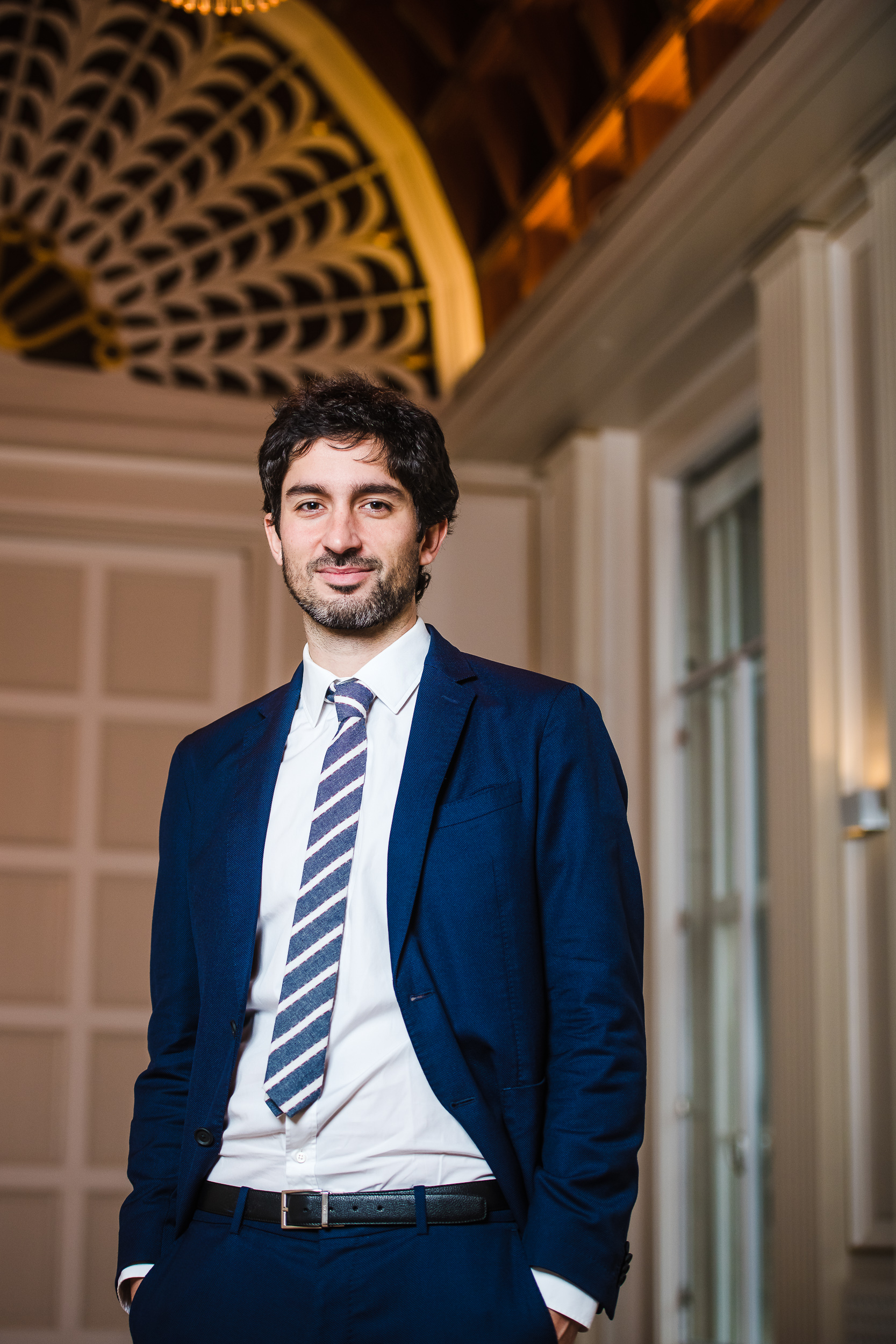
Matteo Bonelli’s PhD dissertation ‘A union of values: safeguarding democracy, the rule of law and human rights in the EU member states’ was awarded one of five Research Prizes this year from the Praemium Erasmianum Foundation. He is now an assistant professor in European Law at the Faculty of Law.'
Daniel’s research: Combining comparative law and philosophy to promote the common good
Daniel’s PhD research focuses on strict liability. “My research contributes to a set of problems that are philosophical in nature and notoriously difficult to solve: When and how should we hold persons strictly liable in a way that serves the common good?”
In tort law, strict liability refers to the ability to hold a person or party liable in certain circumstances without any need to determine whether that person was at fault for the damage the victim(s) suffered (e.g., through negligence or the intent to commit a crime).
“Philosophically, my research explored questions about the frameworks we use to reason about right and wrong and about our understanding of the nature of justice. For this, I applied a tradition of moral inquiry that is somewhat marginal in modern legal scholarship, but is thriving again in philosophical circles: the Aristotelian tradition. This tradition has enormous emancipatory potential, with its theories of justice that emphasise human flourishing, the education of human excellences and virtues, and the common good.”
“Pockets of tort law have been harmonised through EU legislation (e.g. liability for defective products) or will likely be regulated soon (e.g. liability for AI systems). However, the types of liability problems that the EU will face in the future cannot be fully dealt with by simply recognising duties of care and setting standards of individual behaviour. Therefore, strict liability will likely become increasingly relevant as we address broader EU-wide (or even global) issues that affect all of us, such as climate change, the privatisation of our digital space, or the development artificial intelligence systems. Why and how should we hold parties accountable for damages caused in these areas in a way that protects the common good? This challenge can only be addressed through collective action and community thinking.”
“According to my research, strict liability is better suited for the complex modern interactions that are characteristic of these types of widescale problems—not because strict liability is ‘the solution’ to these new problems humanity is faced with, but because the re-distribution that comes with enacting new strict liability rules has the potential to change our perception, re-framing them as problems we face not separately, as uncoordinated individuals, but together, as members of groups, collectives and communities.”
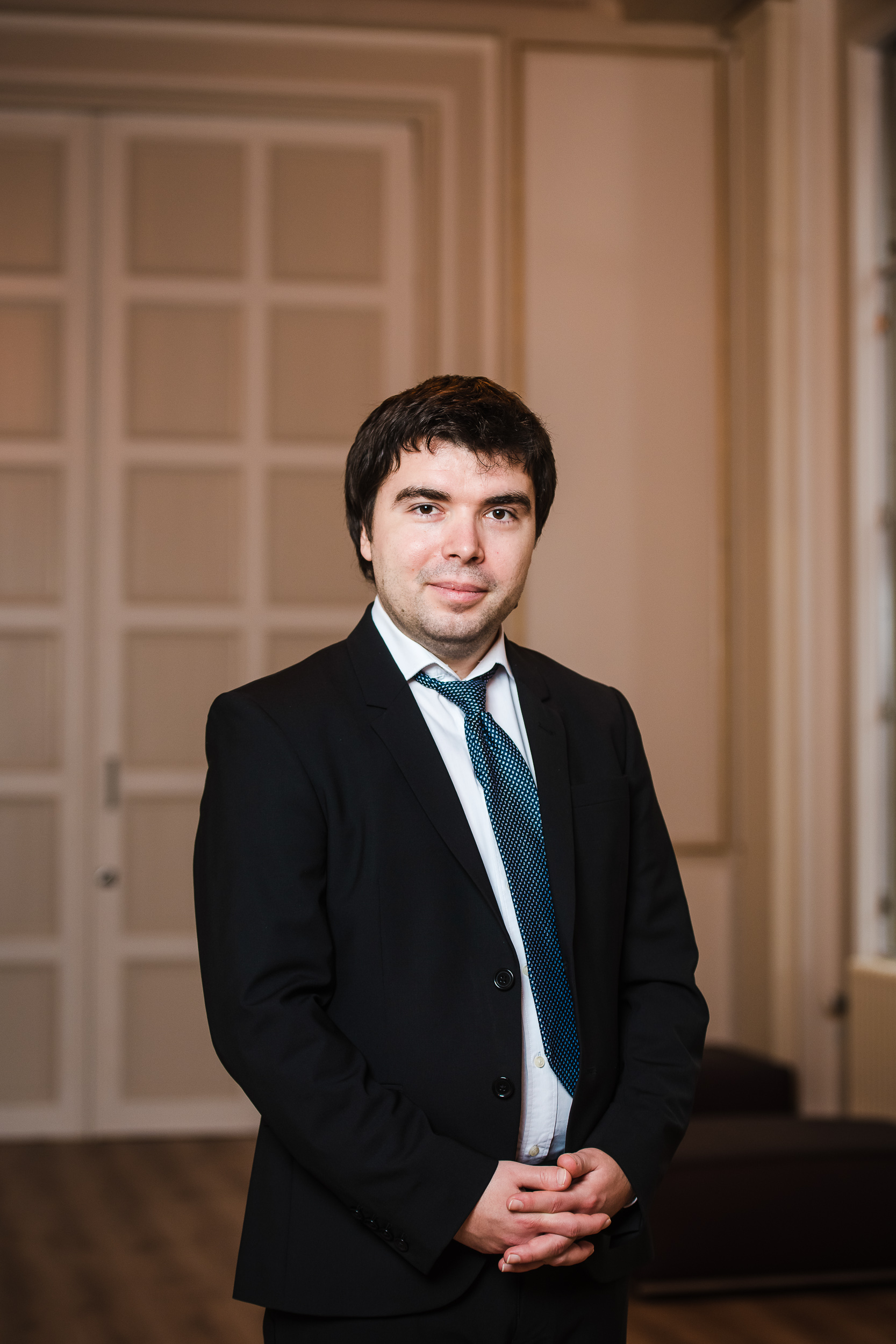
Daniel On’s PhD research provides new insights into the practice of strict liability by integrating comparative law observations within a (neo-)Aristotelian moral framework. His dissertation is titled ‘Strict liability and the aims of Tort Law: a doctrinal, comparative, and normative study of strict liability regimes.’
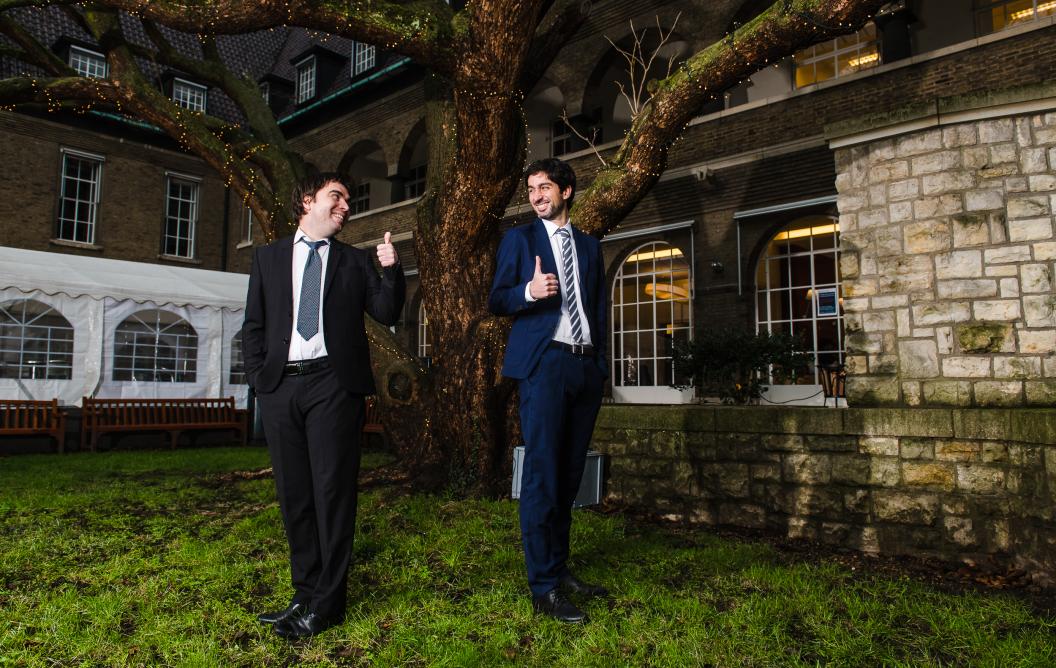
A sense of pride
Now that Matteo and Daniel are finished with their PhDs, they have moved to different places.
But they still look back fondly at the “inspirational atmosphere” in that shared apartment. They also had many colleagues stay with them for short periods of time in their third bedroom. Their colleague Frank Nellen from the tax law department stayed the longest and he even wrote a novel while living with them, Land van Dadels en Prinsen, which is now published. “So, we do have a sense of pride that two cum laude PhDs and a novel were produced in the same period of time in our apartment” concludes Daniel.
| Return to lawreview2020 |
Also read
-
Dani Shanley and Joshi Hogenboom on synthetic data, the pains and gains of interdisciplinarity, and why AI likely won’t release us from having to study the world we live in.
-
Lee Bouwman, a vascular surgeon and endowed professor of Clinical Engineering, specialises in the implementation of groundbreaking healthcare technologies. The key to success, he says, lies in the collaboration between engineers and clinicians. This approach has already resulted in a range of...
-
The surgeon who, defeated, leaves the operating room after hours of surgery, to tell the relatives that, unfortunately, the patient did not make it. This role, which most people only know from films and TV series, was one that vascular surgeon Michael Jacobs had to play more often in his career than...
- in Featured
- in Researchers

